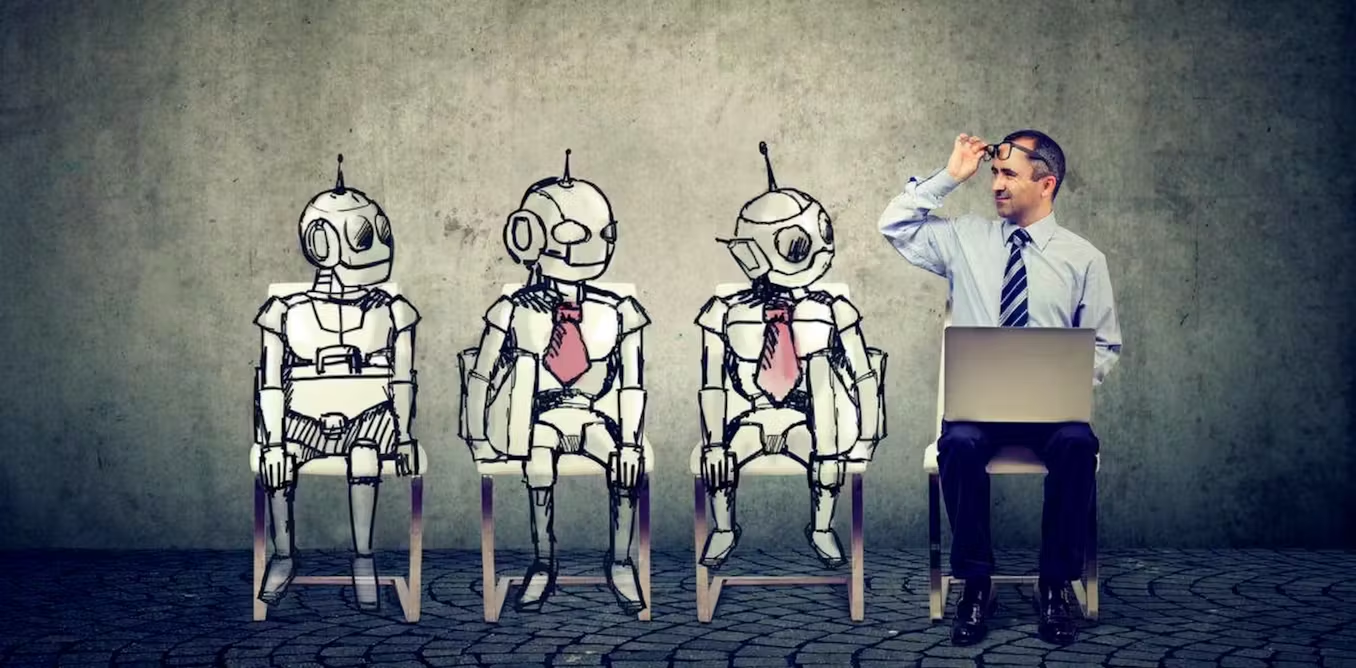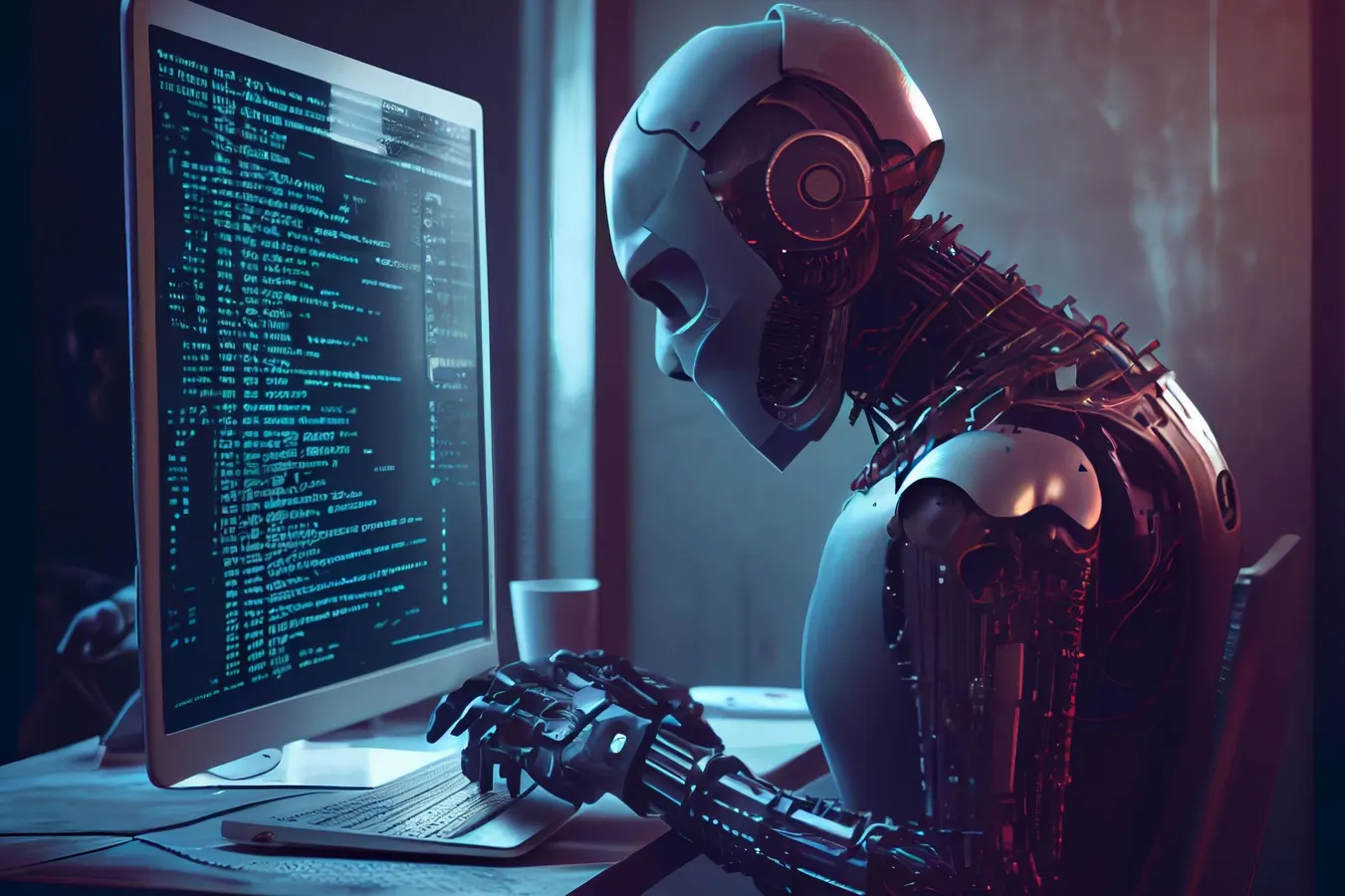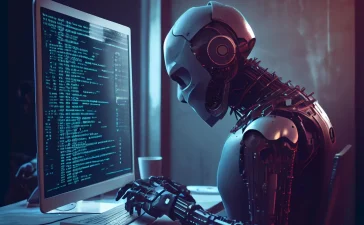Technology has become the defining force of the 21st century. From smartphones and artificial intelligence (AI) to renewable energy systems and space exploration, technological progress is reshaping every aspect of modern life. What was once considered futuristic science fiction is now part of everyday reality. Yet, with every leap forward comes new opportunities, challenges, and responsibilities.
This article explores how technology has evolved in recent decades, the industries it is transforming, and what its future means for society as a whole.
From Industrial Revolution to Digital Age
The roots of modern technology go back to the Industrial Revolution, when machines transformed manufacturing and transportation. In the 20th century, electricity, automobiles, and computers accelerated progress.
The real turning point, however, came with the digital revolution. The development of personal computers in the 1970s and 1980s, followed by the internet in the 1990s, ushered in an era of global connectivity. Information became accessible at the click of a button, and industries that had operated in isolation suddenly had worldwide reach.
Today, we are living in what many experts call the Fourth Industrial Revolution—a time defined by artificial intelligence, robotics, biotechnology, and the fusion of physical and digital systems.
Technology in Everyday Life
Technology has embedded itself in nearly every corner of our daily routines:
-
Smartphones have become digital lifelines, replacing cameras, calculators, maps, and even wallets.
-
Streaming services have revolutionized entertainment, offering on-demand content anytime, anywhere.
-
Smart homes integrate devices such as thermostats, lights, and security systems into a seamless ecosystem controlled by voice or apps.
-
Wearables like smartwatches monitor health, fitness, and sleep patterns, putting personal wellness data in our hands.
These innovations not only provide convenience but also shape the way people interact, work, and even think.

Transforming Industries
Beyond personal life, technology is driving massive changes across industries.
-
Healthcare
Telemedicine, AI-powered diagnostics, and robotic-assisted surgeries are making healthcare more precise and accessible. Genetic sequencing and personalized medicine are shifting treatment from “one-size-fits-all” to tailored solutions. -
Education
Online learning platforms, virtual classrooms, and interactive tools are democratizing access to education. Students worldwide can learn from top universities without leaving home. -
Business and Work
Cloud computing, automation, and collaboration platforms like Zoom and Slack have transformed workplaces. Remote work has become mainstream, changing how companies operate and how employees balance work-life demands. -
Transportation
Electric vehicles (EVs) and autonomous driving technologies are redefining mobility. Companies like Tesla and Waymo are leading the charge toward sustainable, self-driving futures. -
Energy and Environment
Renewable energy technologies—solar, wind, and hydro—are advancing rapidly. Smart grids and energy storage solutions are critical in tackling climate change. -
Entertainment and Media
Virtual reality (VR) and augmented reality (AR) are creating immersive experiences in gaming, films, and even live events.
Artificial Intelligence: The Game Changer
Of all technological advances, artificial intelligence may be the most transformative. AI systems now power voice assistants, recommend content on streaming platforms, and even assist in medical diagnoses.
-
Machine learning algorithms enable computers to learn from data and improve over time.
-
Natural language processing (NLP) allows machines to understand and respond to human language.
-
Generative AI creates text, images, and even music, raising questions about creativity and authorship.
AI promises incredible opportunities, from boosting productivity to solving complex problems like climate modeling. However, it also brings concerns about job displacement, bias, and ethical use. Balancing innovation with responsibility will be one of society’s biggest challenges.
Cybersecurity in a Connected World
As technology integrates deeper into society, cybersecurity has become critical. With personal, financial, and government data stored digitally, the risks of cyberattacks are higher than ever.
Ransomware attacks, identity theft, and data breaches affect millions annually. Businesses and individuals alike must prioritize strong security measures, from multi-factor authentication to advanced encryption. Governments are also tightening regulations to ensure digital safety in an interconnected world.
The Role of Big Data
Data is often called the “new oil.” Every click, swipe, and transaction generates valuable information. Companies use big data to predict consumer behavior, improve services, and streamline operations.
In healthcare, big data can identify disease patterns, enabling earlier interventions. In business, it helps companies understand customer preferences and optimize supply chains. However, concerns about privacy and surveillance remain pressing. Striking the right balance between utility and individual rights is essential.
Sustainability and Green Tech
As climate change becomes an urgent global issue, technology plays a central role in finding solutions. Innovations such as:
-
Electric vehicles reduce reliance on fossil fuels.
-
Smart farming technologies improve efficiency while reducing waste.
-
Eco-friendly materials are transforming construction and manufacturing.
-
Carbon capture technologies aim to offset emissions from heavy industries.
Green technology is not just about environmental responsibility—it also drives economic opportunities in renewable energy sectors.
Challenges and Ethical Questions
While technology brings incredible benefits, it also raises significant challenges:
-
Job displacement – Automation may replace millions of jobs, particularly in manufacturing and service industries.
-
Digital divide – Access to technology is uneven, creating inequality between regions and socioeconomic groups.
-
Privacy concerns – Surveillance technologies and data collection can threaten individual freedoms.
-
Ethical dilemmas – From AI decision-making to genetic engineering, society must define boundaries.
Addressing these challenges requires collaboration among governments, businesses, and communities to ensure technology benefits everyone.
The Future of Technology
Looking ahead, several emerging trends are set to shape the future:
-
Quantum Computing – Offering unprecedented processing power for complex problems.
-
Brain-Computer Interfaces (BCIs) – Allowing direct interaction between humans and machines.
-
Space Technology – Private companies like SpaceX are making space exploration more feasible and potentially opening paths to colonization.
-
Metaverse Development – Blending digital and physical realities into shared immersive spaces.
-
5G and Beyond – Ultra-fast connectivity enabling smarter cities, autonomous vehicles, and advanced IoT ecosystems.
These innovations will further blur the lines between physical and digital life, making adaptability and ethical governance more important than ever.

Conclusion
Technology is more than a tool—it is a driving force behind the evolution of humanity. From revolutionizing industries to transforming personal lives, it continues to push the boundaries of what is possible. Yet, as much as it offers convenience and progress, it also demands responsibility, ethical reflection, and careful regulation.
The future of technology is not predetermined. It will be shaped by choices made today—how innovations are developed, shared, and used. By fostering inclusivity, sustainability, and ethical practices, society can ensure that technology remains a force for good, enriching human life while preserving the planet.
As we stand on the edge of even greater technological breakthroughs, one thing is certain: the journey of innovation has only just begun.





